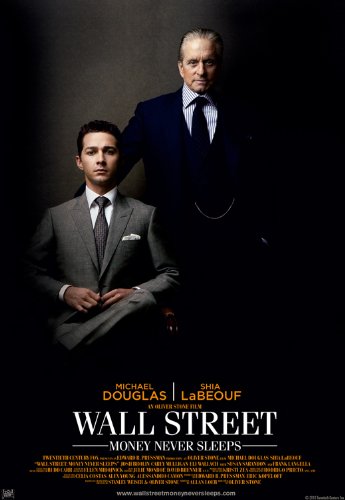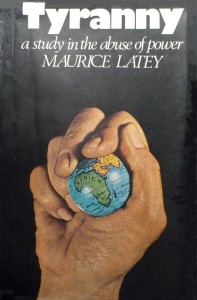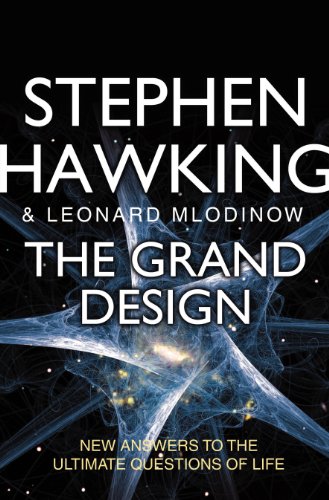In The History of Rasselas, Prince of Abissinia , Samuel Johnson has the philosopher Imlac say: ‘That the dead are seen no more I will not undertake to maintain against the concurrent and unvaried testimony of all ages and of all nations. There is no people, rude or learned, among whom apparitions of the dead are not related and believed’. Johnson suggests universal experience alone has made belief in ghosts credible, and for every hoax there may be cited an instance not so easily dismissed.
The occult, the supernatural and the paranormal are as prevalent as ever, with people from all walks of life prepared to pay to consult with mediums, seers, astrologers, psychics, spiritualists and other self-proclaimed visionaries. Literally millions of pounds are also spent on magazines, films, books, tarot cards and other paraphernalia that deal with subjects that range “from astrology to witchcraft.” Millions of readers regularly consult newspaper horoscopes, with wide interest shown in conventions, lectures and fairs that deal with psychic matters. Why such interest in the supernatural? Among the reasons given are: “Fear of death, personal experience with premonitions and widespread treatment of the topic in books and films.” Many people are also drawn in by the “entertainment value” of the occult, often from childhood, or are “sincere people for whom the paranormal amounts to a religion or a body of knowledge that to them is or will prove to be scientifically valid.”









